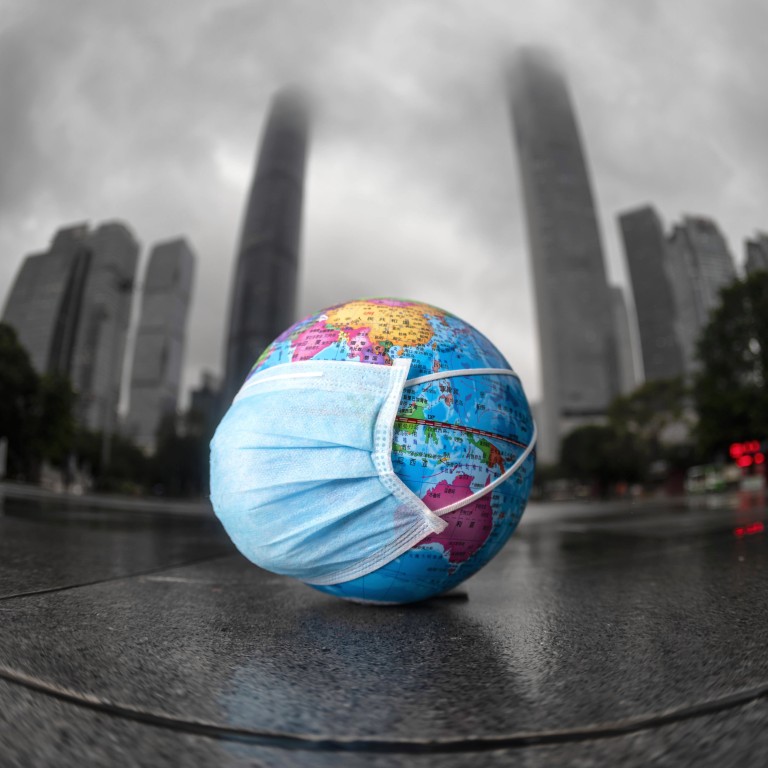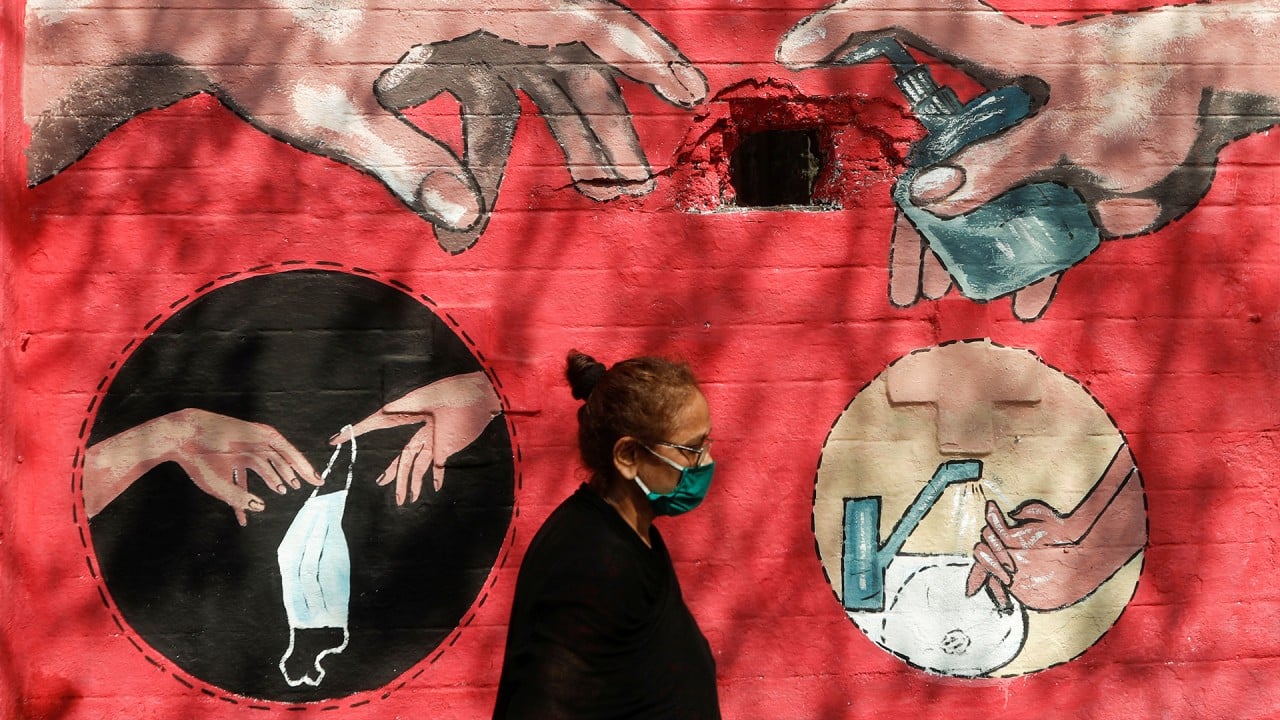
A climate disaster must be averted at all costs. Not so a financial meltdown
- The coronavirus pandemic and climate emergency are true existential threats, but another economic crisis isn’t
- Our economic problems can be traced to an unwillingness to confront the consequences of financial excess. By trying to force a return to business as usual, we risk mortgaging our future
T.S. Eliot once asked: “Where is the wisdom we have lost in knowledge? Where is the knowledge we have lost in information?” Where indeed? We seem to have a severe information overload nowadays while knowledge scrambles to keep up and wisdom is left far behind.
This was clear during the recent spring meetings of the International Monetary Fund and the World Bank where spoken and printed words flowed in great profusion, keeping a global (but virtual) audience busy downloading briefs, webinars and data with little time to take in what this deluge of information all meant.
Perhaps we need to step back from the fact-fest and take a longer look. Have we taken a wrong path, and is it time to retrace our steps? Such an argument can be made in respect of many current social, economic and financial ills, which are much analysed but rarely viewed holistically.
The pandemic and climate change have their roots in the acceleration of economic development, which has pushed the polluting and environment-changing presence of civilisation deeper into the natural habitat. This may not be a “wrong” path but it is one we have taken unthinkingly.
And what about the specific economic and financial problems that we face in abundance now; is there a common origin there too? It is possible to trace their roots to an unwillingness to confront the consequences of financial excess, and then to counter this with restraint rather than with further abandon.
But in opting to soften the pain at the time, were US Federal Reserve chairpersons and other central bank heads simply storing up trouble for the future? And when governments joined in after the Covid-19 outbreak with massive fiscal injections, was that not a case of spending overreach?
It seems we have committed ourselves to an infinite expansion of credit that was already a cause for concern before the pandemic, since which debt has been elevated to alarming proportions. In our anxiety to return to business as usual at whatever the cost, have we mortgaged our future?
The world’s money-printing spree will cost us dearly in the end
This danger is apparent to anyone who studies the data and sees it as a whole picture rather than just a mosaic of pixels. Debt has ballooned to “new heights close to 100 per cent of [gross domestic debt] globally,” according to the IMF, with much higher levels in certain economic sectors and countries.
Market commentators were apparently among those unwilling to plough through the mountain of information dumped on the virtual audience at the IMF and World Bank meetings. If they had done so, they might have realised that markets are simply discounting an illusion of recovery.
To quote IMF managing director Kristina Georgieva: “Without these fiscal and monetary measures, the global contraction last year would have been three times worse – this could have been another Great Depression. And yet, while there is light, the crisis continues to cast a dark shadow. Economic fortunes are diverging dangerously”.
Or, as US Special Presidential Envoy for Climate John Kerry noted, on the issue of climate change: “If you believe it’s an existential challenge, and I believe for many people it is, we are not behaving that way as a world.”
Climate debate must confront the burning coal issues or risk catastrophic failure
We do not have the luxury of sitting back to contemplate where things have gone wrong. The first priority should be to decide what our real existential threats are.
Obviously, the Covid-19 pandemic poses an immediate and true existential threat. It is a clear and present danger and as IMF fiscal affairs director Vitor Gaspar observed: “Vaccination may well be the highest return global public project ever identified.”
Unlike the Covid-19 pandemic, fiscal and financial crises are not existential and maybe we should view them as cathartic adjustments rather than as something which we can immunise ourselves against by overdosing on fiscal and monetary “remedies”.
Anthony Rowley is a veteran journalist specialising in Asian ec



